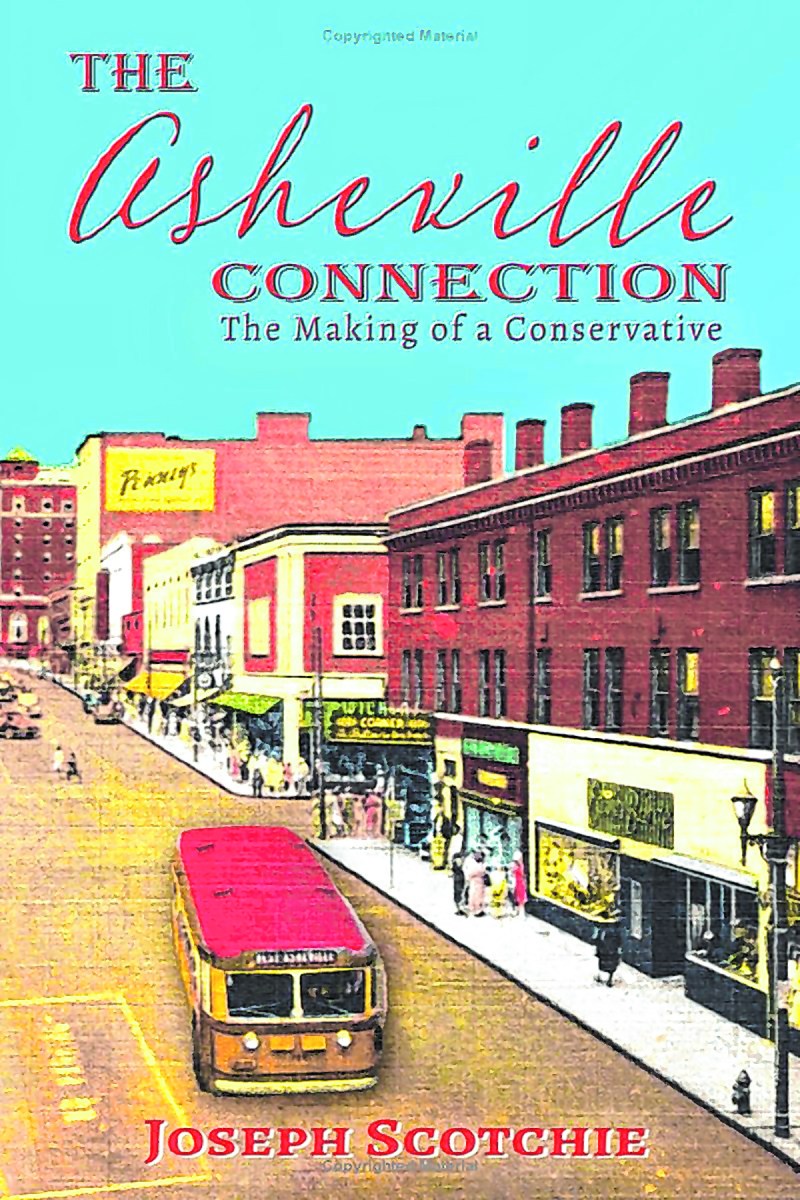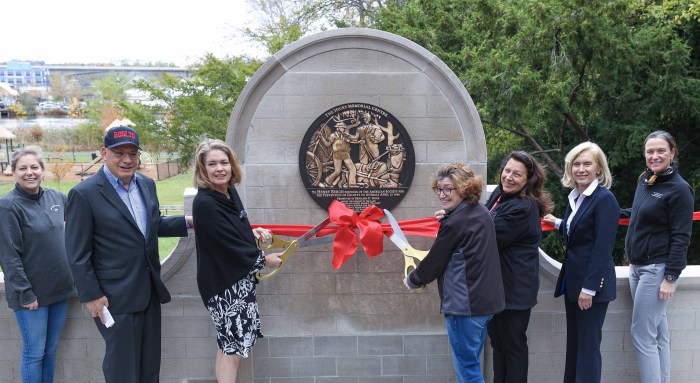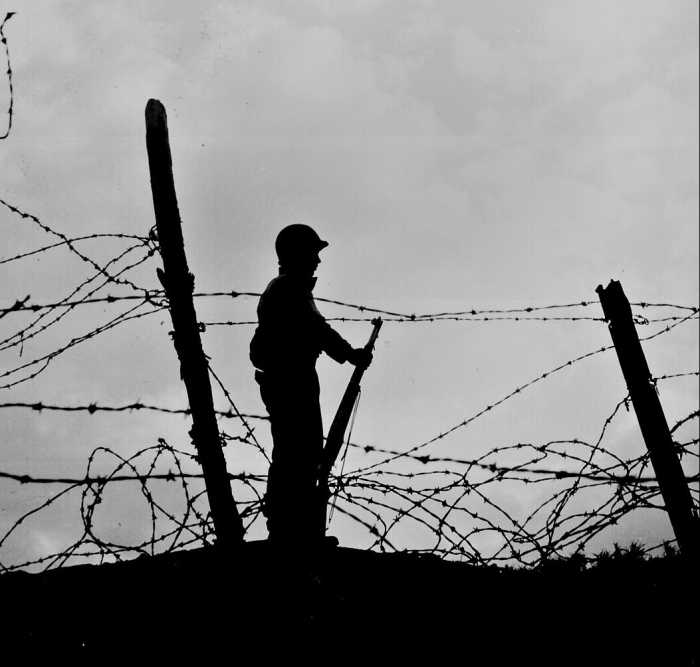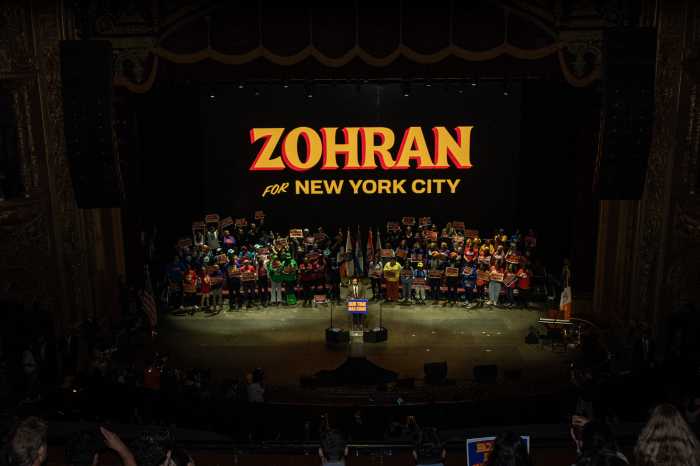Longtime Roslyn News editor Joe Scotchie has published his ninth book, The Asheville Connection, a memoir of life in the Ninenteen Sixties and early Seventies. The book jacket reads as follows:
“Is nostalgia for the Nineteen Sixties a little insane? Is that same sentiment for the Seventies more of the same? Maybe so, but in his latest memoir, Joseph Scotchie looks at the two Americas that existed in those times: Stable family life and a solid economy on one end, domestic and foreign strife on the other. In the early Sixties, a man could still support a growing family on a single paycheck, while in Baby Boom America no one talked of the coming death of the West. Scotchie takes the reader through events and experiences in two different, but representative American cities: Asheville, North Carolina and Youngstown, Ohio. Along the way, there are sketches of historical figures from that age: John F. Kennedy, Lyndon Johnson, Robert F. Kennedy, George Wallace, and Sam Ervin, plus memories of steel mill closures, the 1968 Democratic Party convention, urban rioting and most poignantly, the Vietnam War and the loss of American childhood. A defense of the conservative tradition and a volume that is, in part, a narrative, a reminiscence, a tribute, an essay and a polemic, The Asheville Connection presents a contrary view of American life during its days of burning.”
The book is published by Shotwell Publishers, Columbia, SC. It is
available at Amazon.com and wherever books are sold.
Scotchie is also a contributor to A Paleoconservative Anthology: New Voices For An Old Tradition, edited by Paul Gottfried. Scotchie’s chapter is “Richard Weaver and The South,” an essay on the author of Ideas Have Consequences, Visions of Order, The Southern Tradition at Bay and a man who inspired Frank Meyer’s fusionism of traditionalists and libertarians under one tent. The book jacket states:
“This anthology provides detailed examinations of the major themes and perspectives of the paleoconservatives as political thinkers and activists. A long forgotten and persistently disregarded group within the American Right, but their ideas show a remarkable staying power. Paleoconservatives, as this anthology undertakes to show, have been among the most original and insightful representatives of the Right over the last thirty years but because of internal quarrels and their conspicuous defiance of the conservative establishment, they have become isolated voices. Almost everything about the paleoconservatives should be of interest to historians of political movements, including the process by which they became a marginalized force on the intellectual right and their periodic attempts to build bridges across the political spectrum.”
The book has already generated a strong reaction, with pro and con reviews.
“In A Paleoconservative Anthology, Paul Gottfried has ably introduced what paleoconservatism is, what it is not, and something of the nature of the ofttimes feisty debates allied intellectuals frequently have among themselves,” writes Robert Paquette. “The contributors cover subjects that range from the sociologist Alexander Riley’s forcible demolition of the progressive view regarding human nature to defense consultant Wayne Allensworth’s reassessment of US national security imperiled by the forces of globalization. Taken as a whole, these contributors do not mince words in what they consider the outrages of the modern world. Gottfried has assembled voices that are always interesting, frequently challenging, and occasionally superb.”
A Paleoconservative Anthology is published by Lexington Books, Lanham, MD. It, too, is available at Amazon.com and all bookstores.
Scotchie’s previous books include Writing on the Southern Front, The Paleoconservatives; Thomas Wolfe Revisited, Barbarians in the Saddle: An Intellectual Biography of Richard M. Weaver, Revolt from the Heartland, Street Corner Conservative: Patrick J. Buchanan and His Times,A Gallery of Ashevillieans, and The Vision of Richard Weaver. A graduate of The City College of New York, his work has won awards from the New York Press Association and the North Carolina Society of Historians.
New Book By Anton Editor


































